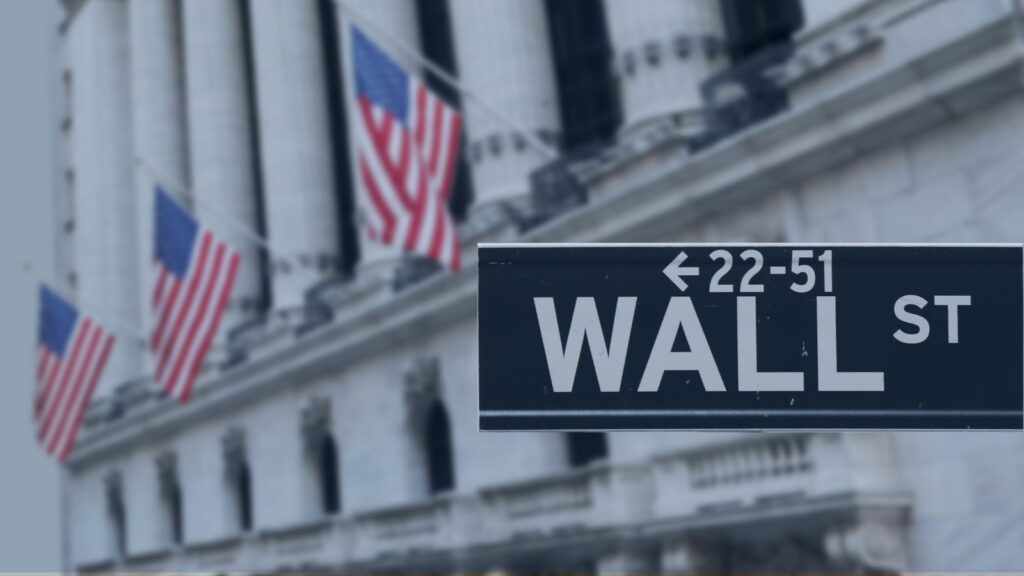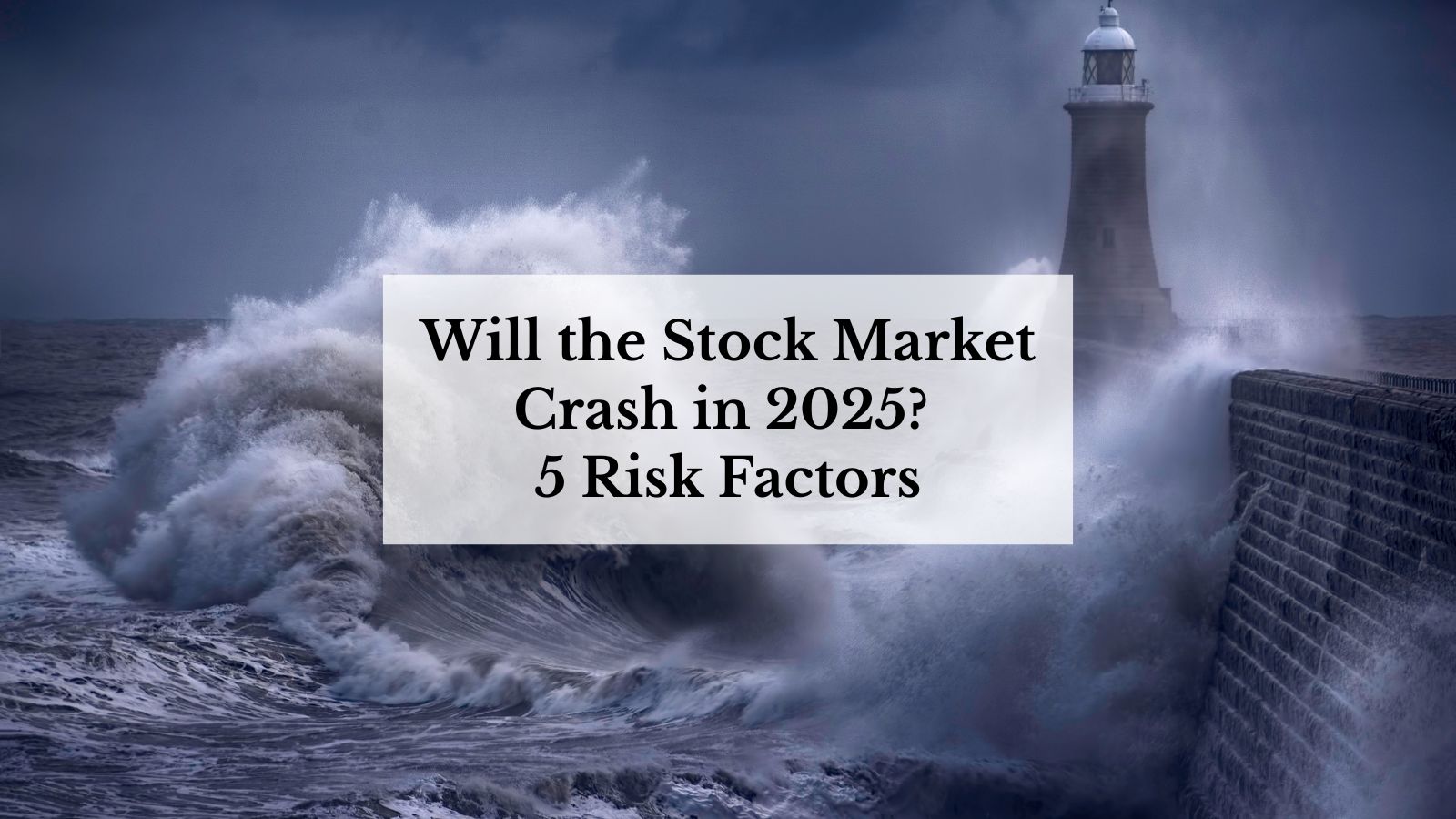
“Presidents come and go, but the markets continue to move higher over time.”
– Ronald W. Rogé | Founder of R.W. Rogé & Company, Inc.
Presidential elections in the United States have always been pivotal events, but this time feels particularly different. The age-old question persists – how do elections affect the stock market? The 2024 election is occurring amid economic uncertainty, with concerns about inflation, interest rates, and potential recession risks. The U.S. is experiencing one of the most polarized political environments in recent history, with deep divisions on key issues. We’re also sailing in some uncharted territories with apprehensions about artificial intelligence, climate change, and evolving global threats. Additionally, the role of social media and the spread of misinformation are more significant than ever, influencing voter behavior and the overall tone of the election.
Whether we see the first female president, or a reelection of the 45th president, politics and the stock market are both sure to shift. However, predicting exactly how these shifts will unfold is impossible, and making investment decisions based on political fears or expectations can be particularly risky. While the market’s reaction to a Trump reelection or a Harris victory remains uncertain, understanding the historical connection between presidential elections and stock market behavior can offer valuable insights for both investors and policymakers. Let’s review the past, examine key drivers of the election and market behavior, and discuss our game plan for forging ahead with confidence and peace of mind.
A Historical Overview
The Early Days: Presidential Elections and an Emerging Stock Market
In 1788, the United States’ first presidential election saw George Washington become the nation’s inaugural president, setting the stage for a democratic process that has since evolved significantly. In these early years, the U.S. economy was primarily agricultural, and the stock market was in its infancy, with the establishment of the New York Stock Exchange (NYSE) not occurring until 1792. The impact of presidential elections on the stock market during this period was minimal, as the market itself was not yet a significant economic force.
19th Century Growth: The Economy, Elections, and Market Influence
As the U.S. industrialized in the 19th century, the economy and stock market became more central to national discussions. Elections started to influence market behavior as political parties put forward different economic policies. Debates between the Federalists and Democratic-Republicans—and later between Democrats and Whigs—often focused on topics like tariffs, banking, and infrastructure, which were crucial for businesses and investors.
The Rise of the Modern Stock Market and Presidential Elections
The 20th century brought dramatic changes to both the economy and the stock market. The Great Depression and the New Deal are great examples of how government policies can reshape the economic landscape. The 1929 stock market crash and the tough years that followed underscored the need for improved regulation, leading to key reforms like the Securities Act of 1933 and the creation of the Securities and Exchange Commission (SEC).
During this time, presidential elections started having an even clearer effect on the stock market, as candidates’ proposed policies began to directly impact investor confidence. A good example is Franklin D. Roosevelt’s election in 1932 and his promise of a “New Deal,” which initially created some uncertainty in the markets. However, as his programs started to stabilize the economy, investor confidence bounced back.
Post-War Economic Boom and Market Reactions
After World War II, the U.S. entered a booming economy and became a global economic powerhouse. The stock market expanded rapidly, and presidential elections took on even more significance for investors. During the elections of Dwight D. Eisenhower in the 1950s and John F. Kennedy in the 1960s, the economy continued to grow, though each president faced different challenges.
Eisenhower’s focus on infrastructure, like the Interstate Highway System, fueled economic growth and benefited various industries. On the other hand, Kennedy’s policies, such as the 1964 Revenue Act, which cut taxes, had a direct impact on economic growth and market performance. The connection between election results and stock market reactions became more evident as businesses and investors responded to fiscal policies, tax reforms, and regulations.
The Volatile 1970s and 1980s
The 1970s brought new economic difficulties, including high inflation mixed with slow economic growth, known as “stagflation,” and an oil crisis that completely rocked the global economy. The stock market’s reaction to elections during this period, such as Richard Nixon’s re-election in 1972 and Jimmy Carter’s win in 1976, often depended on how candidates promised to address these tough issues.
In 1980, Ronald Reagan’s election marked a turning point. His policies – nicknamed “Reaganomics” – focused on tax cuts, deregulation, and reducing government spending to spark economic growth. Investors generally welcomed these moves, fueling a bull market through much of the 1980s. However, the market crash of 1987, or “Black Monday,” showed that even investor-friendly policies couldn’t entirely prevent market volatility.
The 21st Century: Uncertainty and Market Volatility
In the 21st century, the relationship between presidential elections and the stock market has only grown more complex. The 2000 election between George W. Bush and Al Gore, which was decided by the Supreme Court, introduced political uncertainty that briefly rattled investor confidence. The bursting of the dot-com bubble and the following recession further highlighted how sensitive the market can be to political and economic changes.
The elections of Barack Obama in 2008 and Donald Trump in 2016 each had unique effects on the market. Obama’s election happened during the Great Recession, and initially, the markets reacted negatively given the severe economic crisis. However, stimulus measures and financial reforms eventually steadied and then grew the market. Trump’s election was met with enthusiasm from investors, largely due to promises of tax cuts and deregulation, leading to a bull market. Still, his presidency also saw considerable market swings, especially regarding trade policies.
Election Outcomes and Market Behavior: Understanding the Key Drivers
Several key factors influence how presidential elections affect the stock market:
- Policy Uncertainty: Markets generally dislike uncertainty. The potential for significant policy shifts, whether in taxation, regulation, or trade, can lead to volatility as investors try to anticipate the economic impact.
- Partisan Expectations: Historically, markets have tended to perform better under Republican administrations, often due to the perception of more business-friendly policies. However, this trend is not absolute, and market performance is influenced by many variables beyond the party in power.
- Global Economic Conditions: External factors, such as global economic trends, geopolitical events, and crises, can also play significant roles in how the market responds to presidential elections.
- Long-Term vs. Short-Term Impacts: While presidential elections can cause short-term market movements, long-term market trends are more often determined by broader economic changes rather than the immediate outcome of a single election.
While presidential elections have a complex and nuanced impact on the stock market, and can introduce uncertainty leading to short-term volatility, the long-term effects are shaped by a multitude of factors, including economic policies, global conditions, and market fundamentals.
The Game Plan: How Will the Election Affect the Stock Market?
As with every election year, we’re excited to share that we have a game plan in place for the 2024 Presidential election, and it’s something we’ve considered since we first implemented each client’s portfolio. By systematically and unemotionally rebalancing the portfolios, we can take advantage of market volatility. Rebalancing has been shown to reduce risk and potentially improve returns compared to a buy-and-hold strategy. The more the market fluctuates, the more opportunities we have to buy low and sell high.
While no one can predict the election’s outcome, or how the election will affect the stock market, we encourage everyone to go out and vote. Just like investing, it’s important to focus on what we can control – and your vote is a significant part of that.
Throughout our country’s long history, we’ve weathered even the toughest leadership. Remember, while there may be temporary market dips, you’re likely still on track to meet your goals. We recommend avoiding quick portfolio changes, because deciding when to switch back can be tricky and potentially hurt long-term performance. We’ll continue to keep you updated on the markets and the election in the coming months.
If you would like to schedule a complimentary discovery call, please contact our team of Certified Financial Planner® (CFP®) professionals at 631-218-0077 or at info@rwroge.com. We are here to support you and provide guidance to help you Plan, Achieve, and Live® the life you desire.
R.W. Rogé & Company, Inc. is an independent, fee-only financial planning and investment management firm serving clients locally and virtually across the country, with Long Island, New York, Beverly, Massachusetts, and Naples, Florida office locations. R.W. Rogé & Company, Inc. was founded on a “client first” culture and proudly commits to acting in your best interest as a fiduciary. We have helped clients Plan, Achieve, and Live® the life they want since 1986. To learn more about how we do this, contact us today.



